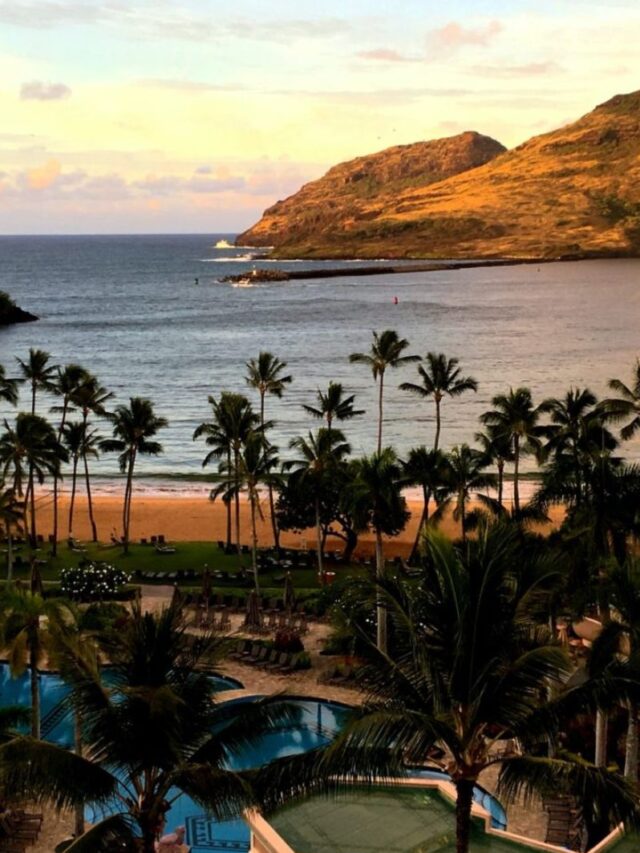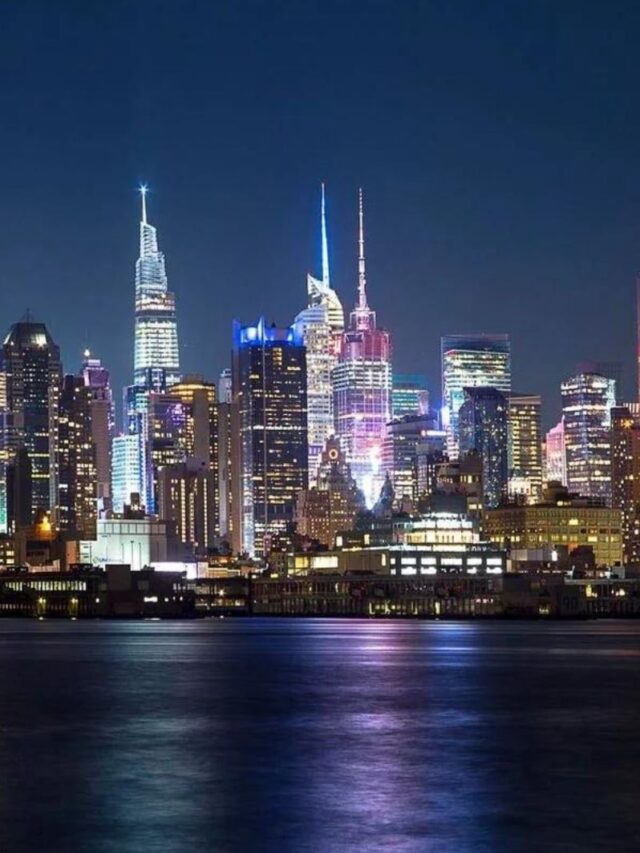How Do You Rate Movies On Amazon Prime?
January 8, 2024
Top 10 Countries with Most Gold Reserves 2024
January 19, 2024
Top 10 Countries with Most Gold Reserves 2024
January 19, 2024
Samsung Galaxy S24 Ultra Full Specifications
January 18, 2024

























































